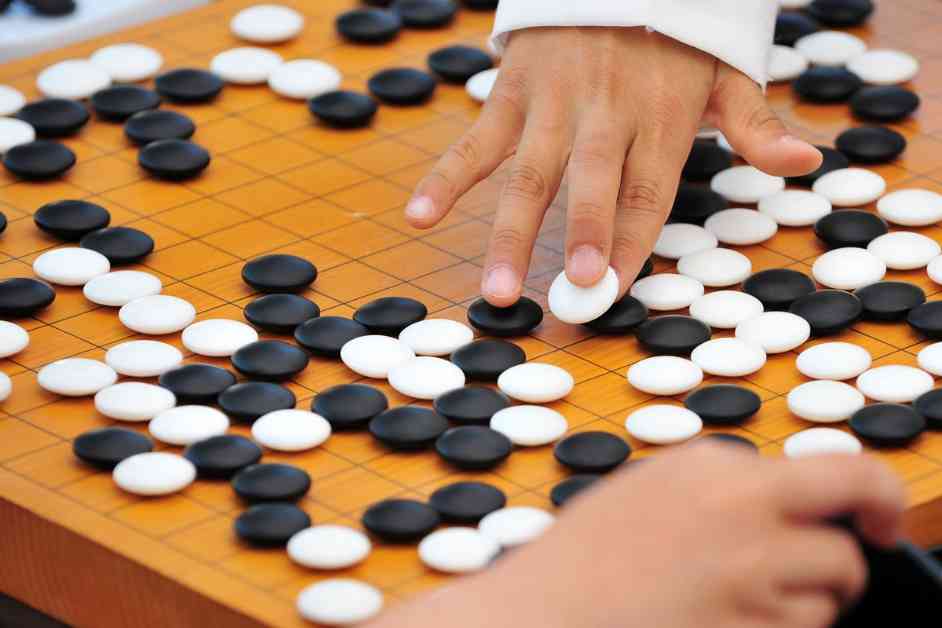Artificial Intelligence (AI) has been a hot topic lately, especially the discussion around superhuman AI capabilities. However, recent research has shed light on vulnerabilities in a top gaming bot that plays the board game Go, raising doubts about the robustness of such systems. This study has prompted concerns about the safety, reliability, and the claim to superhuman status of more general AI systems.
The research, which has not yet undergone peer review, utilized adversarial attacks to expose weaknesses in AI systems. Adversarial attacks involve feeding AI systems inputs designed to elicit mistakes, revealing potential vulnerabilities. In the case of the Go-playing bot, researchers were able to exploit the system’s weaknesses, demonstrating that even advanced AI models can be prone to errors.
In the game of Go, researchers found that adversarial AI bots could defeat KataGo, a leading AI system in the game. Despite being less skilled than human amateurs, these bots were able to outperform KataGo by leveraging specific exploits. This raises questions about the fundamental weaknesses in KataGo and other seemingly superhuman AI systems.
To investigate further, researchers explored different defense strategies against adversarial attacks. While some defenses, such as providing KataGo with examples of attack positions, were attempted, adversaries continued to find vulnerabilities. Even training new AI systems from scratch using alternative neural networks did not guarantee immunity against adversarial attacks.
The implications of these findings extend beyond the game of Go. Vulnerabilities identified in AI systems like KataGo could have implications for other domains, such as large language models powering chatbots. The difficulty in eliminating these vulnerabilities suggests that securing AI systems against adversarial attacks remains a significant challenge.
The debate around superhuman AI capabilities also comes into question. While AI systems like KataGo may perform exceptionally well on average, vulnerabilities exposed by adversarial attacks raise doubts about their superhuman status in all scenarios. This uncertainty highlights the complexity of understanding and developing AI systems that can surpass human capabilities comprehensively.
In conclusion, the research underscores the need for a deeper understanding of AI systems and their vulnerabilities. The challenges posed by adversarial attacks in domains like Go and chatbots suggest that achieving truly robust and superhuman AI remains a complex and ongoing endeavor. As researchers continue to explore the capabilities and limitations of AI, the quest for building trustworthy and advanced AI systems continues.






